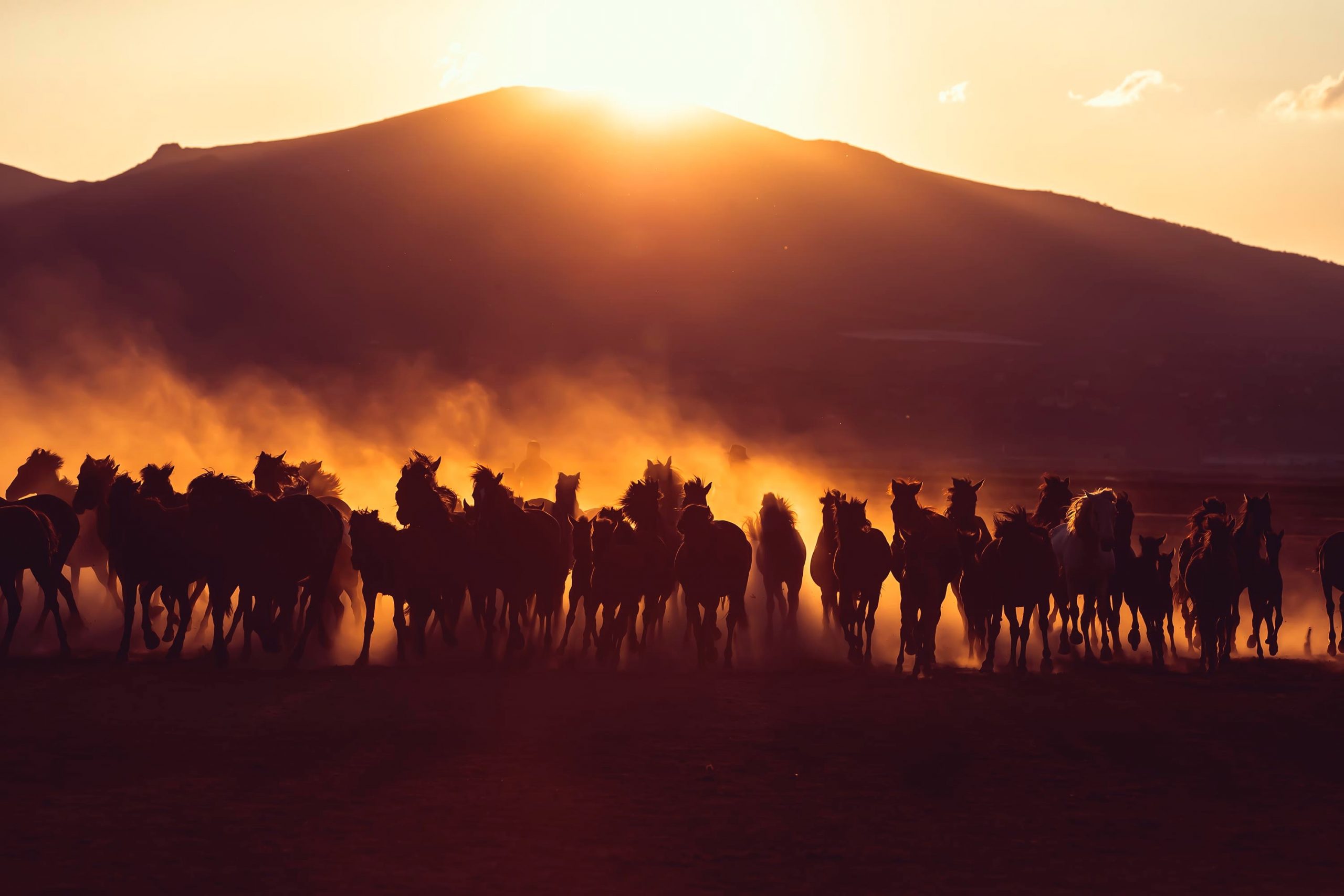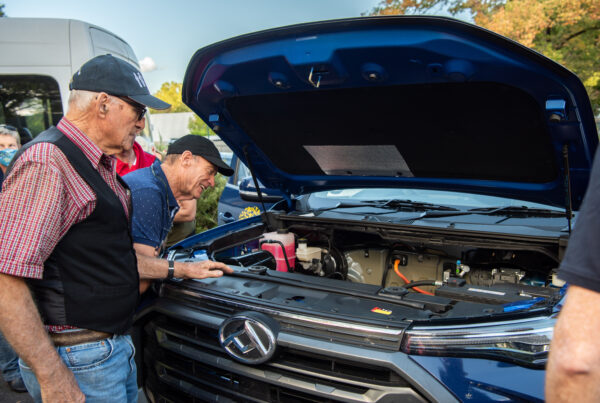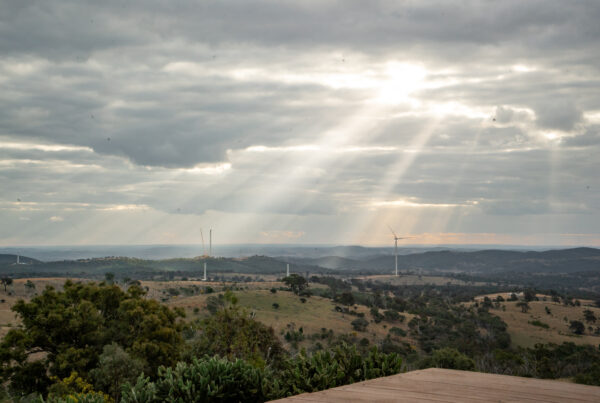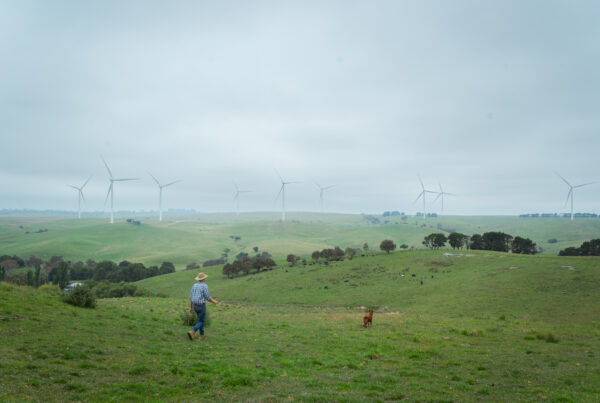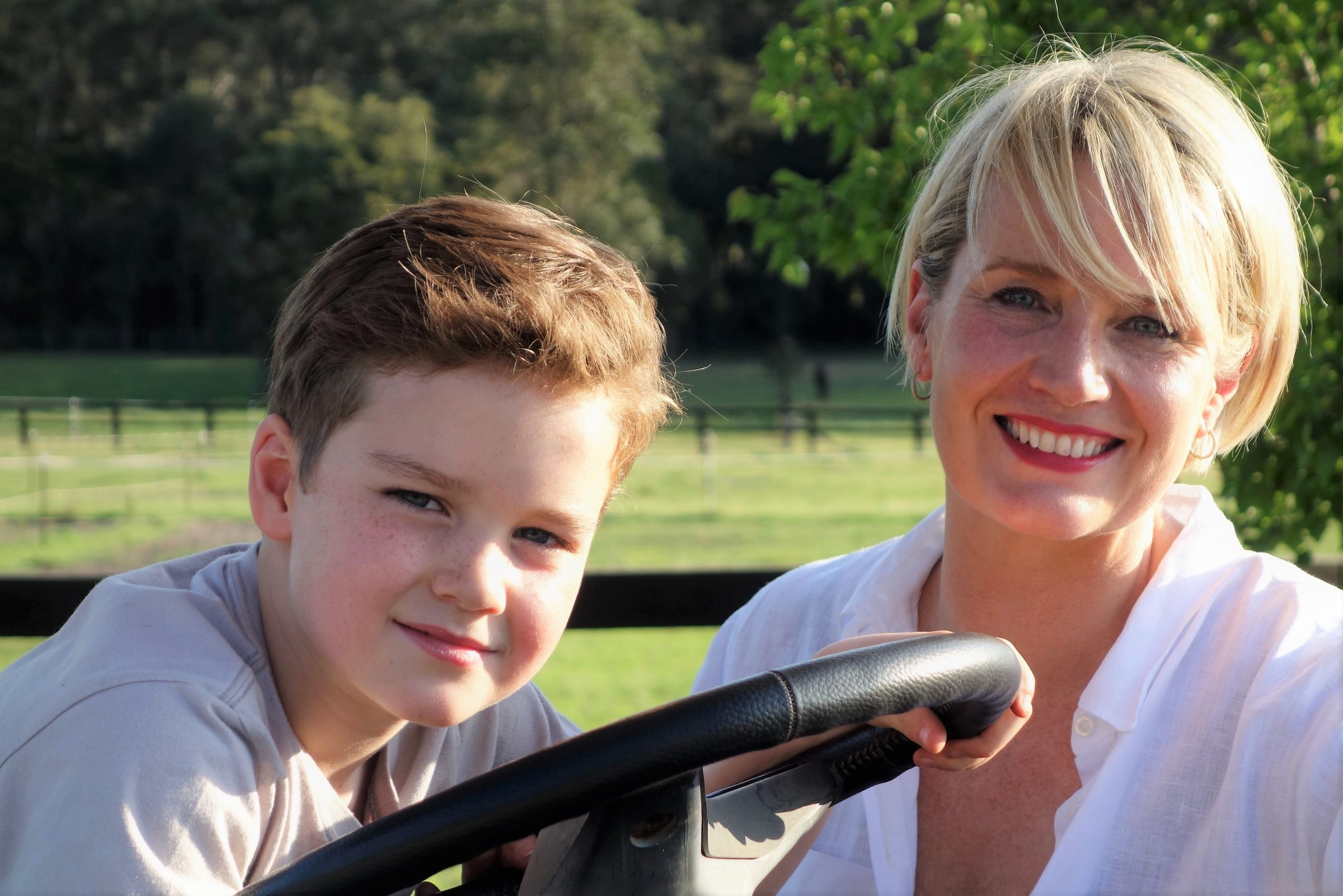
14 March 2020
Welcome Wendy!
We’re delighted to welcome to Farmers for Climate Action our new CEO Wendy Cohen. Wendy’s most recent role was as CEO of the Country Education Foundation, and before that, CEO of Equestrian NSW, the state’s peak body for the Olympic and international level horse sports.
Wendy is from the regional centre of Orange, in Central-West NSW, although as the daughter of a school principal she’s also lived in many other country towns – including Barry, Carrathool, Beckom, Monteagle and Nashdale.
We sat down with Wendy and asked her a few questions about what she’s been up to and her vision for Farmers for Climate Action.
What are some of your memories growing up in regional NSW that you would like to share?
I am a kid from the bush. My father was a school principal, so every 2.5 to 3 years, we’d venture out to another part of remote NSW. Farmers were core in every community we went to: socially and economically.
We didn’t have a farm ourselves but we always had a few chooks, some sheep and one or two horses on a bit of land. Weekends and holidays were spent on friends’ farms – making cubbies in their hay sheds, or, if we were feeling helpful, trying our hand in the dairy or helping move stock.
My dad was always very aware of the environmental changes underway and the impact that human activities were having on the land around us. We experienced dust storms, fires and floods and saw first hand the damage that erosion could cause. My dad instilled in me a passion for the natural environment and a love of David Attenborough.
Right now I’m living in Orange, where I finished high school back in the early 1990s. Orange has really changed from when I was a student. It has really built its reputation as an important grape growing region. Unfortunately, it’s also clear that the climate has changed. Water shortages are now par for the course and drought is constantly discussed in pubs and schools alike.
Why did you decide to take on the role of CEO at Farmers for Climate Action?
I was immediately drawn to the opportunity to come on board with Farmers for Climate Action. I’ve always worked in organisations driven by purpose, but this purpose has a capital P. Climate change is the biggest issue of our day and farmers have the potential to really shape how it plays out. I’m also driven by concern for my eight-year-old, who is so engaged and optimistic about the future. I understand only too well that his future is only going to be secure if we can act now.
Speaking to relatives and friends about the position, I was impressed with the reputation of Farmers for Climate Action in the farming community and NGO space. There was unanimous support for Farmers for Climate Action and the great work that’s been undertaken. I’ve even discovered that some of my extended family are regular givers to Farmers for Climate Action.
I am fortunate that my background in regional Australia and my professional experiences, running Equestrian NSW and, most recently the Country Education Foundation, have given me a level of familiarity with the issues facing farmers, and supported by our amazing board and team, I feel well positioned to represent, and amplify the voices of, farmers in the broader community, in industry circles and the halls of parliament.
Already I’ve been blown away by the level of knowledge, passion, engagement and support of everyone in Farmers for Climate Action. It was amazing to witness such a collegiate, supportive group of people during our visit to Parliament. I feel like I’ve joined a big family – which is exactly what I look for in a workplace.
What are the biggest challenges facing Farmers for Climate Action right now?
In a way our biggest challenge is also our biggest opportunity and that’s the time frame we’re dealing with. The Intergovernmental Panel on Climate Change made it clear late last year that the window for effective action on climate action is closing fast and that we have no time to lose. But at the same time, we’ve got massive momentum for change right now. The elevation of climate change in our political and news agendas gives farmers — the ones who are living and breathing the impacts of climate change already — a platform to be heard.
And what are our biggest opportunities?
The way I see it we have two outstanding opportunities right now. We have the solutions to climate change at our fingertips and we have thousands of farmers willing to stand up for action on climate.
Alongside the dramatic changes we’ve seen in the clean energy space in recent years, we’ve also seen an explosion of research into climate-smart agricultural practices. Farmers are adapting to, and mitigating, climate change; they’re building carbon in their soils and plants, implementing water efficiency measures, diversifying what they grow to spread their risk and planning crops and stocking rates based on seasonal outlooks.
Farmers know, however, that they can’t tackle climate change alone and they’re coming out in increasing numbers to demand that government show leadership on this issue. We have more than 5000 farmers behind us, spread right across the country and their determination to get effective action on climate is inspiring. My first day on the job I joined the Farmers for Climate Action team and a delegation of 20 of our farmers at Parliament House in Canberra. They blew me away both with their knowledge and eloquence, as they shared their personal stories of drought, floods and rising sea levels. I was gratified, too, to see politicians from across the political spectrum sit up and listen.
What do you hope to achieve as Chief Executive Officer of Farmers for Climate Action?
I will use my experience as a communicator and as a CEO to work with farmers to get their message out in a way that assists farmers to make the changes they need to on-farm and influences the mindsets of people in charge of agricultural and climate policy in Australia. I have no intention of becoming another voice in an already crowded space, rather I seek to support the voices of farmers be heard by their communities, their industries and their political leaders.
I am thrilled with what Farmers for Climate Action has been able to achieve over the past three years – this is a real credit to our outgoing CEO Verity Morgan-Schmidt, who, to our great delight, remains with the organisation.
I’m looking forward to moving to Canberra in the coming months, so I’m at the heart of policy making environments and I have immediate access to the key decision makers, who will be responsible for implementing the national strategy for climate change and agriculture, which is our priority at Farmers for Climate Action.
In the midst of so much bad news on climate, what keeps you hopeful?
What keeps me hopeful is the growing power and influence of groups of very smart people like the farmers who are members of Farmers for Climate Action. The growing climate movement is not just a trend: we are seeing whole communities join together to push for action on climate change and it’s incredibly powerful and uplifting.
I also take heart from the innovative solutions to climate change that we hear about every day – feeding seaweed to cows to reduce the methane they produce, for instance. The solutions are there and day-by-day there are incremental steps forward. The public is holding politicians accountable when they make statements that question the reality of climate change, and politicians are increasingly receptive to the actions that need to be taken.

